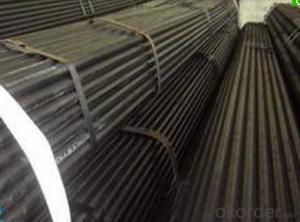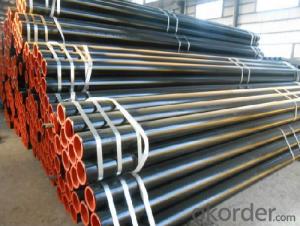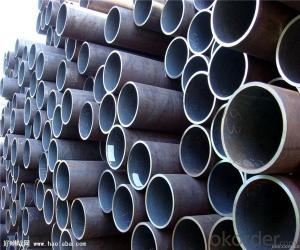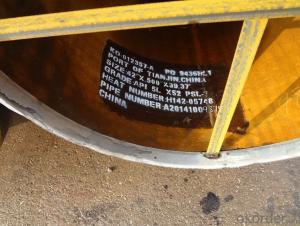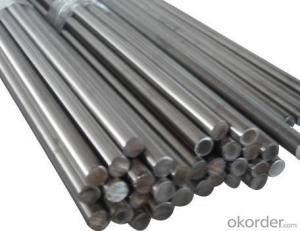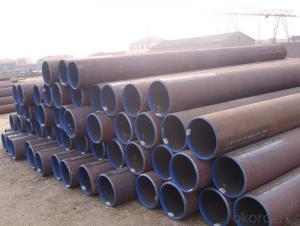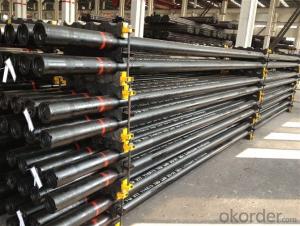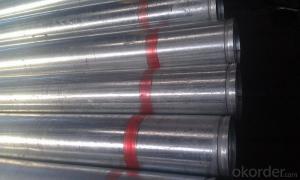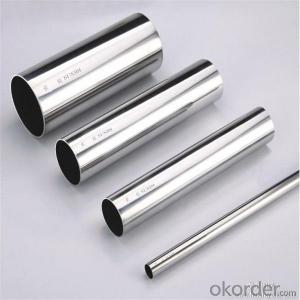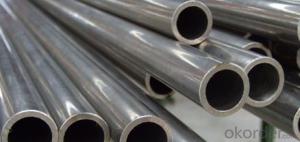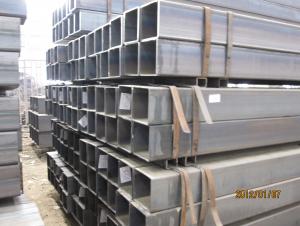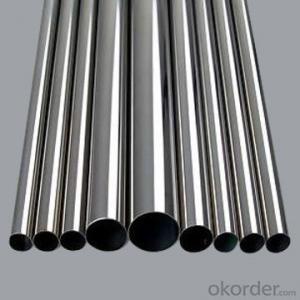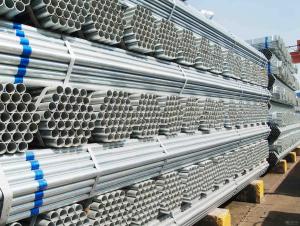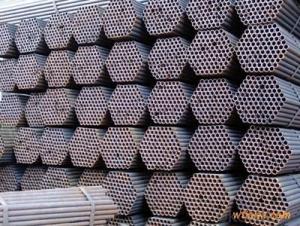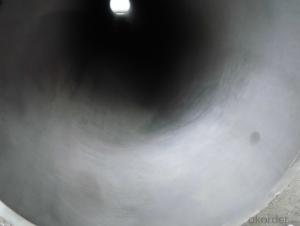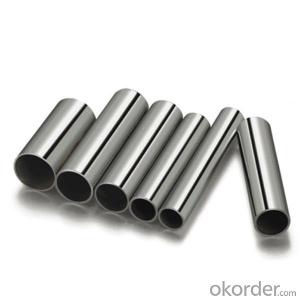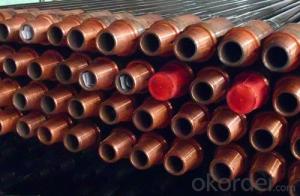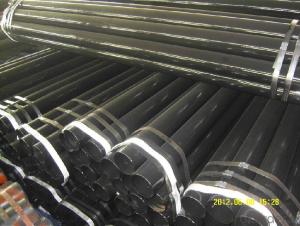All Categories
- - Steel Wire Rod
- - Steel Coils
- - Steel Profiles
- - Steel Pipes
- - Stainless Steel
- - Tinplate
- - Special Steel
- - Steel Sheets
- - Steel Rebars
- - Steel Strips
- - Hot Rolled Steel
- - Cold Rolled Steel
- - Pre-painted Steel
- - Seamless Steel Pipe
- - Welded Steel Pipe
- - Hollow Steel Tubes
- - Galvanized Pipe
- - Stainless Steel Coil
- - Stainless Steel Sheet
- - Stainless Steel Plate
- - Stainless Steel Strips
- - Electrolytic Tinplate Coil
- - Electrolytic Tinplate Sheet
- - Stainless Steel Rebars
- - Solar Panels
- - Solar Water Heater
- - Solar Related Products
- - Solar Inverter
- - Solar Cells
- - Solar Light
- - Solar Energy Systems
- - Solar Controllers
- - Solar Mounting System
- - Solar Pump
- - Solar Chargers
- - Fiberglass Chopped Strand
- - Fiberglass Mesh Cloth
- - Composite Pipes
- - FRP Pultrusion Profiles
- - Fiberglass Mat Tissue
- - Fiberglass Fabrics
- - Fiberglass Mesh
- - Composite Tank
- - Fiberglass Mesh tape
- - Polymer
- - FRP Roofing Panel
- - Fiberglass Roving
- - Monolithic Refractories
- - Ceramic Fiber Products
- - Refractory Bricks
- - Raw Materials For Refractory
- - Suspended Platform
- - Cranes
- - Concrete Machinery
- - Earthmoving Machinery
- - Building Hoist
- - Road Building Machinery
- - Plastic Pipe Fittings
- - Plastic Tubes
- - Plastic Sheets
- - Agricultural Plastic Products
- - Plastic Nets
 All Categories
All Categories
Q & A
Can welded steel pipes be used for refining testing facilities?
Yes, welded steel pipes can be used for refining testing facilities. Welded steel pipes are commonly used in various industries, including oil and gas, due to their strength, durability, and ability to withstand high pressure and temperature conditions. They are ideal for transporting and storing liquids and gases, making them suitable for use in refining testing facilities where different processes and materials are tested and analyzed.
What is the difference between double submerged arc welding and high-frequency welding for welded steel pipe?
Double submerged arc welding (DSAW) and high-frequency welding (HFW) are two different methods used for welding steel pipes.
In DSAW, the pipe is formed by bending a steel plate into a cylindrical shape and then welding the edges using two submerged arc welding processes simultaneously. This method provides a strong and durable weld with good penetration and fusion.
On the other hand, HFW involves using high-frequency electrical current to heat the edges of the steel strip and then applying pressure to form a weld. This process is known for its higher welding speed and efficiency.
The main difference between the two methods lies in their approach to welding. DSAW involves welding the edges of a bent steel plate, while HFW involves welding the edges of a steel strip. Additionally, DSAW is typically used for thicker and larger diameter pipes, while HFW is more commonly used for smaller diameter pipes.
Overall, DSAW and HFW are both viable methods for welding steel pipes, but they differ in terms of their process, application, and the size of the pipes they are best suited for.
What are the precautions to be taken during the handling and installation of welded steel pipes?
When handling and installing welded steel pipes, it is important to take several precautions to ensure safety and prevent damage. Some key precautions include:
1. Proper lifting techniques: Use appropriate lifting equipment and techniques to avoid strains and injuries. Ensure that the weight of the pipes is evenly distributed and that all lifting equipment is in good condition.
2. Protection from physical damage: Protect the pipes from any physical damage during transportation and handling. Use suitable covers or padding to prevent scratches, dents, or other forms of damage.
3. Avoid excessive bending or dropping: Avoid excessive bending or dropping of the pipes, as this can cause deformities or cracks. Carefully place the pipes on a flat and even surface to prevent any accidental drops.
4. Prevent exposure to moisture and corrosive substances: Protect the pipes from moisture and corrosive substances during storage and transportation. Ensure that the pipes are stored in a dry environment and are not in contact with any substances that can cause corrosion.
5. Verify compatibility with other materials: Before installation, ensure that the welded steel pipes are compatible with the materials they will be connected to. Consider factors such as temperature, pressure, and chemical compatibility to avoid any potential issues.
6. Follow proper installation guidelines: Adhere to the manufacturer's guidelines and industry standards for installing welded steel pipes. This includes proper alignment, securing the pipes with appropriate fittings, and ensuring proper support to prevent stress and movement.
By following these precautions, one can minimize the risk of accidents, damage, and ensure the proper functioning and longevity of the welded steel pipes.
Are there any limitations on the length of welded steel pipes?
Yes, there are limitations on the length of welded steel pipes. The length of a welded steel pipe is typically limited by practical considerations such as transportation and installation. Longer pipes may be difficult to transport and handle, and the length may also be limited by the capabilities of welding equipment and the availability of suitable manufacturing facilities.
What is the impact of dimensional tolerance on the fit and function of welded steel pipe?
Dimensional tolerance refers to the allowable variation in the dimensions of welded steel pipe. It plays a crucial role in the fit and function of the pipe. If the dimensional tolerance is too tight, it may lead to difficulties in fitting the pipe with other components, hindering the overall functionality. On the other hand, if the dimensional tolerance is too loose, it may result in improper alignment, leakage, or weakening of the structure. Therefore, maintaining the appropriate dimensional tolerance is essential for ensuring a proper fit and optimal function of welded steel pipe systems.
Wholesale Welded Steel Pipe from supplier in Laos
Our team of experts is highly knowledgeable about the local market conditions and can help you choose the right Welded Steel Pipe products that meet your specific requirements. Whether you need pipes for construction, infrastructure, or industrial applications, we have the expertise and resources to deliver reliable and cost-effective solutions.
In addition to our wide range of Welded Steel Pipe products, we also offer sales and quotations services to ensure that you get the most competitive prices for your projects. Our dedicated sales team can provide you with detailed product information, technical specifications, and pricing options to help you make informed decisions.
Furthermore, we understand the importance of timely delivery and can ensure that your Welded Steel Pipe products are delivered to your project site on schedule. Our strong logistics network and partnerships with reliable transportation companies enable us to handle all aspects of the procurement process efficiently.
Moreover, our technical support services are designed to assist you throughout the entire project lifecycle. From initial design and planning to installation and maintenance, our team can provide expert guidance and assistance to ensure the success of your project.
By choosing our Welded Steel Pipe solutions in Laos, you can benefit from our extensive industry experience, reliable product quality, competitive pricing, and excellent customer service. We are committed to delivering the highest level of customer satisfaction and building long-term partnerships based on trust and mutual success. Contact us today to discuss your Welded Steel Pipe requirements and let us help you achieve your project goals.
In addition to our wide range of Welded Steel Pipe products, we also offer sales and quotations services to ensure that you get the most competitive prices for your projects. Our dedicated sales team can provide you with detailed product information, technical specifications, and pricing options to help you make informed decisions.
Furthermore, we understand the importance of timely delivery and can ensure that your Welded Steel Pipe products are delivered to your project site on schedule. Our strong logistics network and partnerships with reliable transportation companies enable us to handle all aspects of the procurement process efficiently.
Moreover, our technical support services are designed to assist you throughout the entire project lifecycle. From initial design and planning to installation and maintenance, our team can provide expert guidance and assistance to ensure the success of your project.
By choosing our Welded Steel Pipe solutions in Laos, you can benefit from our extensive industry experience, reliable product quality, competitive pricing, and excellent customer service. We are committed to delivering the highest level of customer satisfaction and building long-term partnerships based on trust and mutual success. Contact us today to discuss your Welded Steel Pipe requirements and let us help you achieve your project goals.
